Kushner Visits UAE Base Where Coveted F-35 Jets Deployed
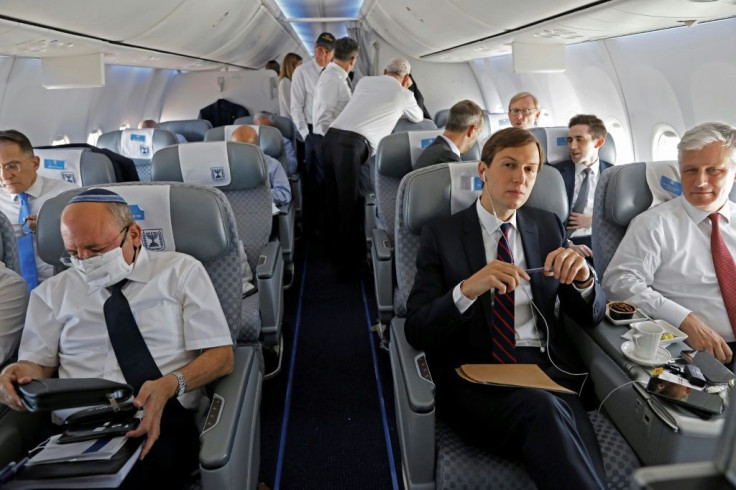
White House advisor Jared Kushner visited a UAE air base Tuesday where the US operates F-35 fighter jets coveted by Abu Dhabi -- the thorniest issue in the Emirates' newly established ties with Israel.
Kushner, President Donald Trump's son-in-law, is in Abu Dhabi as part of a US-Israeli delegation that arrived on a historic direct flight from Tel Aviv Monday, to mark an accord struck last month to normalise relations between the Jewish state and the UAE.
Israel has denied reports that the deal hinges on the sale of US F-35 stealth fighter jets to the UAE, with Prime Minister Benjamin Netanyahu saying he opposes a move that could reduce its strategic edge in the region.
Kushner said Monday that the US could maintain that edge "while also advancing our military relationship with the United Arab Emirates" and that the issue would be discussed further in coming weeks.
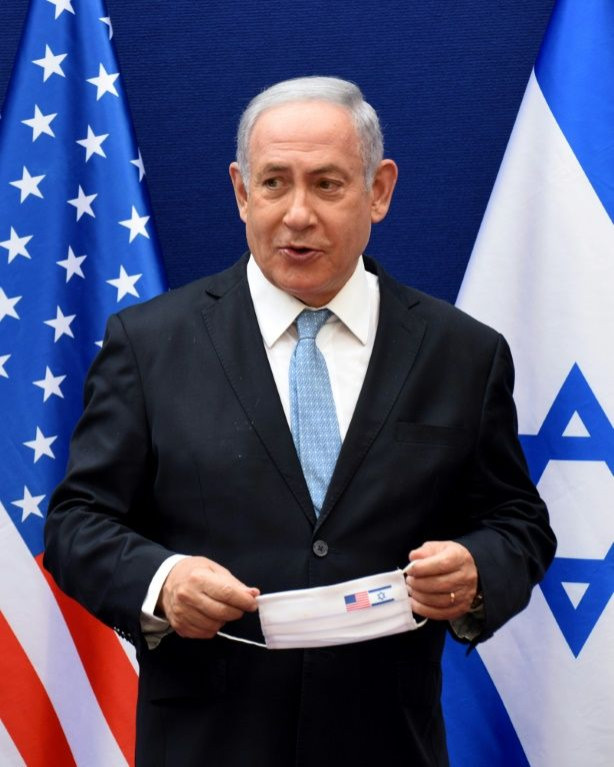
He signed a guest book at Al Dhafra with the message: "May the relationship with America continue to grow and together, through strength, ... benefit as we bring more peace and prosperity to the Middle East and beyond!"
Gulf Arab nations have had increasingly public ties with Israel in recent years, seeking to link their powerful economies but also to join forces in their shared rivalry with Iran.
Major General Falah Al Qahtani, assistant undersecretary at the defence ministry, cast the UAE as a reliable partner in a dangerous region, as he welcomed Kushner and US national security adviser Robert O'Brien to the Al Dhafra air base.
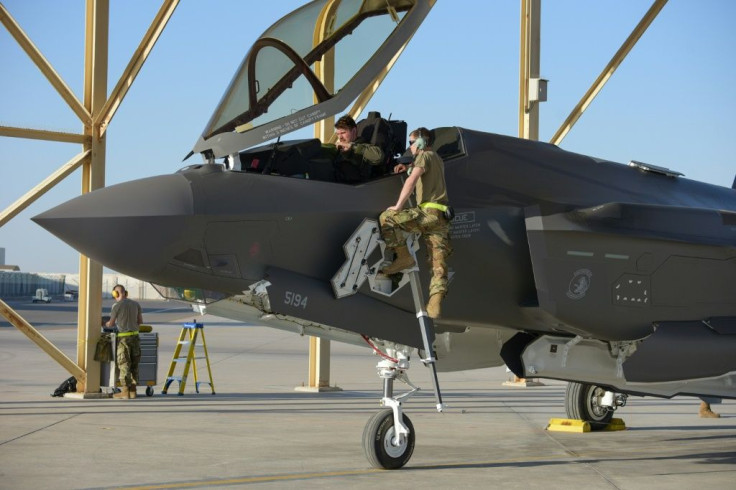
"Our relationship is based on a common view on the threat to our common interests. We are friends. We are strategic partners. We are alike," he said.
"Both our nations seek peace, security and stability that will bring prosperity to this region, a region that it is, as you know, complex and unstable and beset by... regional powers seeking dominance."
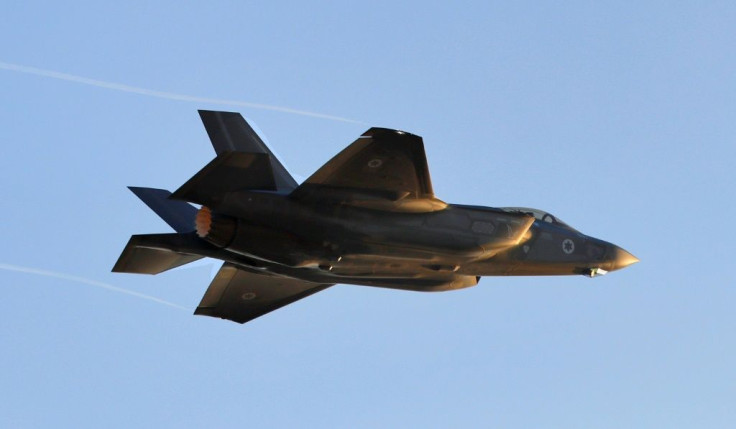
Qahtani, speaking at the air base which the US uses for joint training purposes, said the countries had "stood together to fight extremism in all its forms in the region" for the past three decades.
He listed its arsenal of military hardware, including Apache helicopters and the F-16 fighter jet, but unmentioned was the F-35, long coveted by Gulf powers including the UAE.
The US military deployed the F-35 at Al Dhafra in 2019, in the first Middle East basing for the jet.
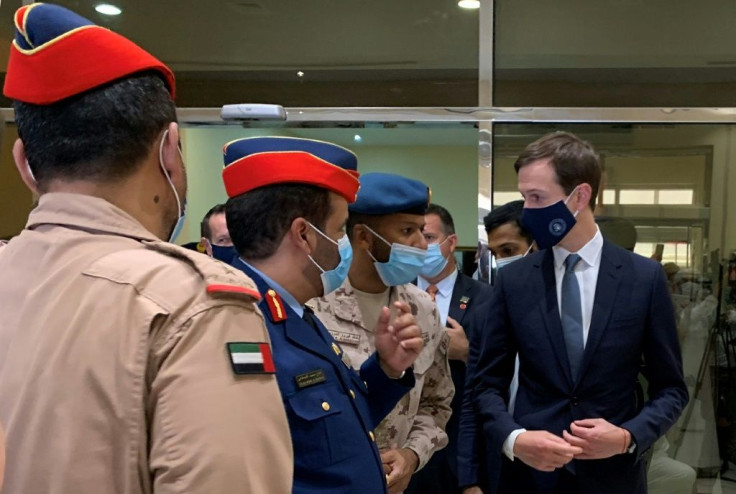
Ever since the 1960s, the United States has guaranteed to maintain Israel's "qualitative military edge" in the region.
The policy was enhanced two years ago with a law that Washington must ensure, when selling weapons to another country in the Middle East, that Israel retains the ability to defend itself if the arms were to fall into the wrong hands.
A wrangle over the jet, which could upset the balance of power in the region, could be the first hiccup in the Israel-UAE accord.
Israel has already received a first consignment of the jets and Netanyahu has made clear his opposition to the UAE being next in line.
"This deal did not include Israel's acceptance of any arms deal," he said last week.
The UAE minister of state for foreign affairs, Anwar Gargash, has noted that Abu Dhabi first indicated it wanted the planes six years ago, "so this is something on the table".
"Now the whole idea of, you know, a state of belligerency or war with Israel will no longer exist. So I think it should be... easier," he told the US think tank the Atlantic Council.
Yoel Guzansky, a senior analyst at Israel's Institute for National Security Studies, said the issue is central to the historic rapprochement which is being billed as a key achievement of Trump's administration.
"I absolutely think that without the F-35, the possibility of buying it, they (the Emiratis) wouldn't sign the agreement" on a normalisation of ties, he told AFP.
© Copyright AFP {{Year}}. All rights reserved.





















